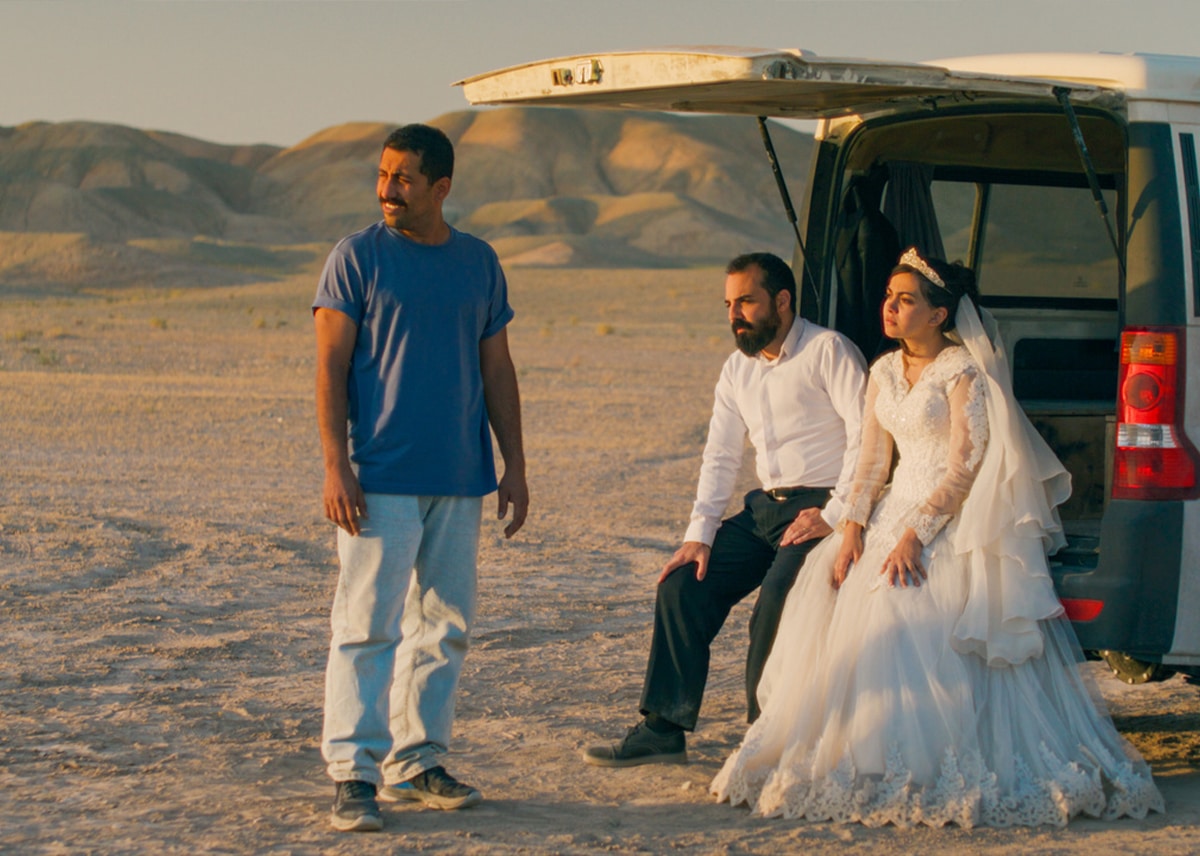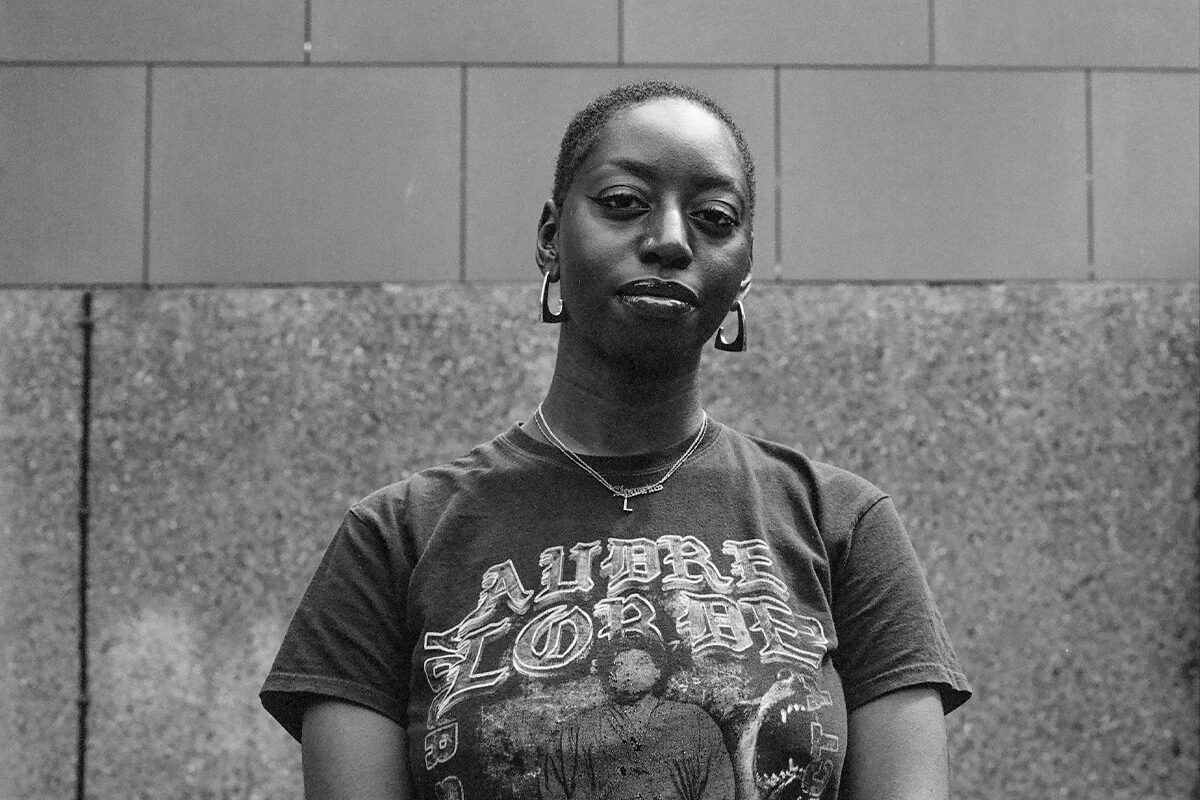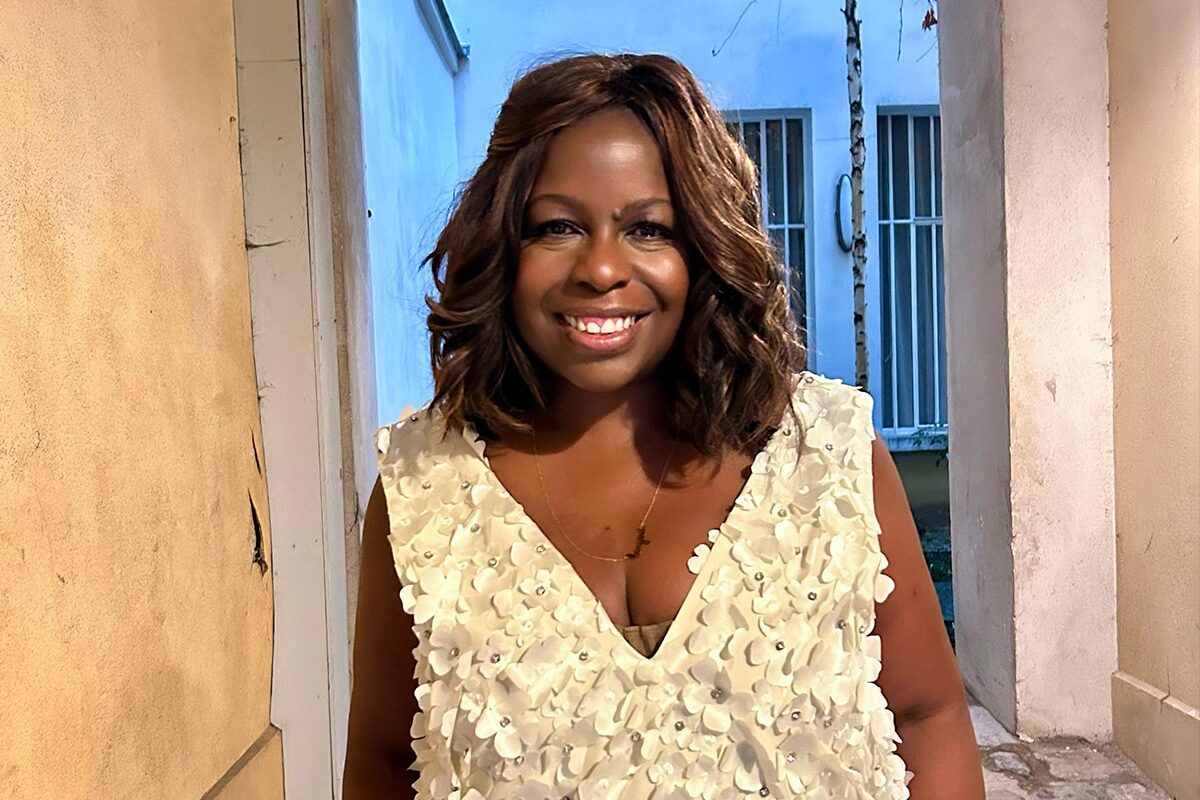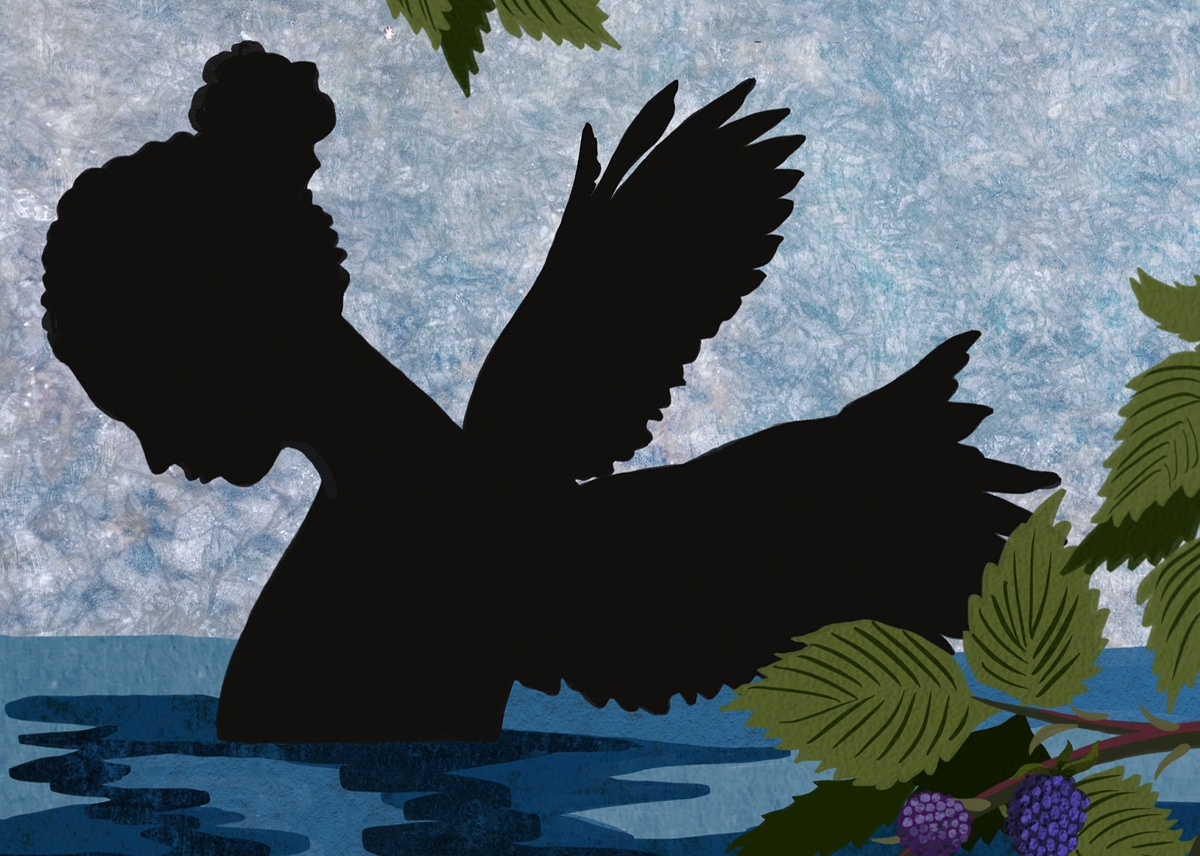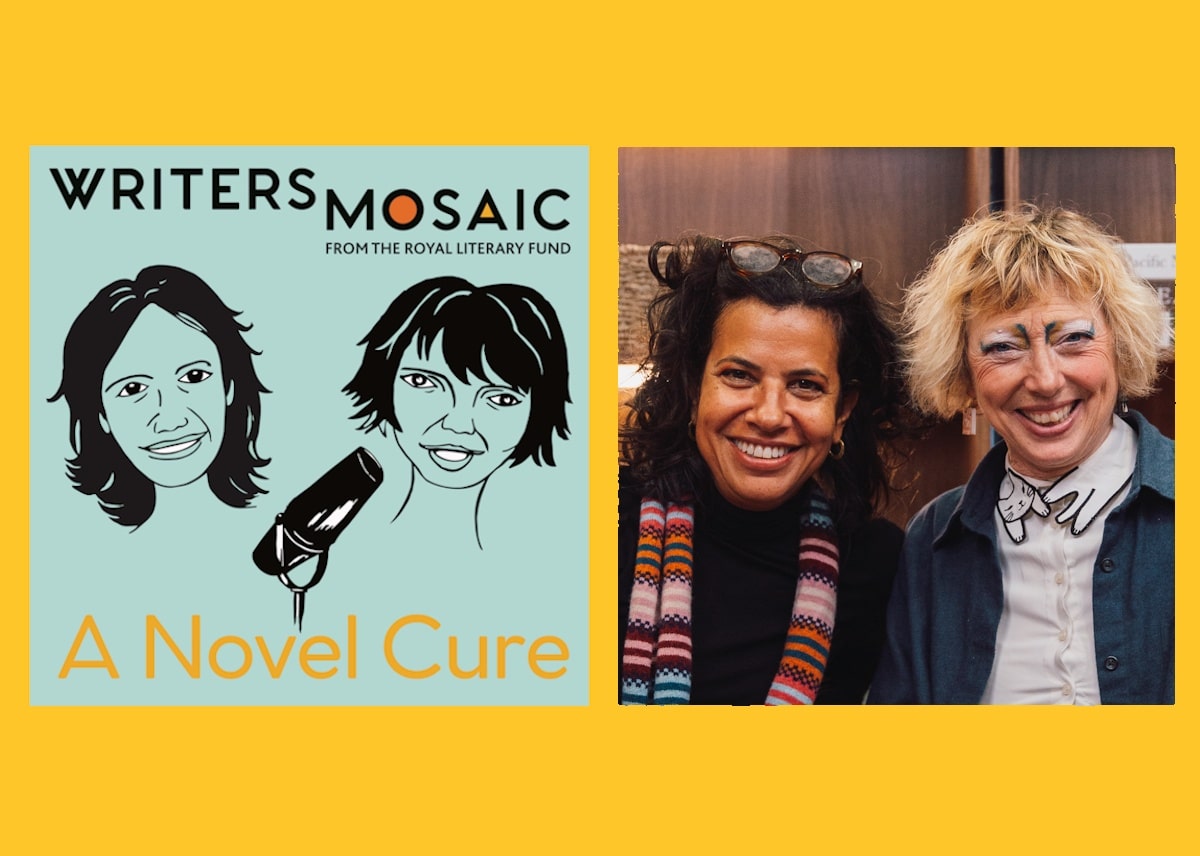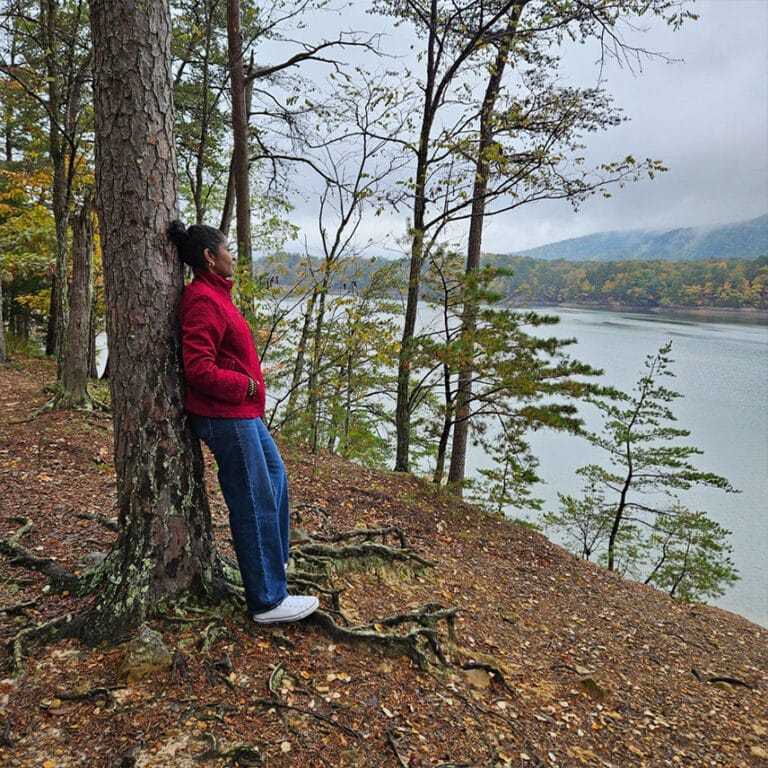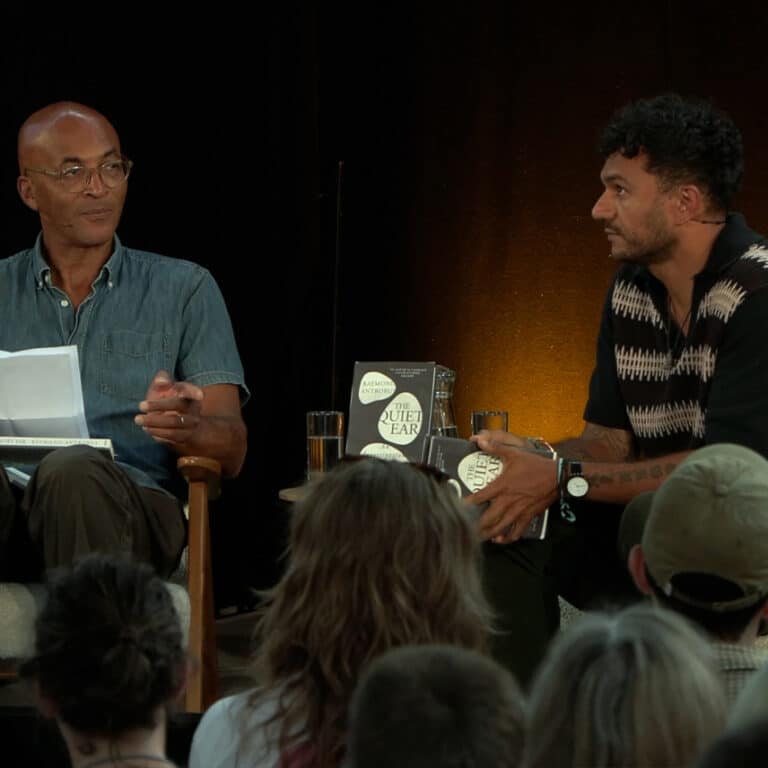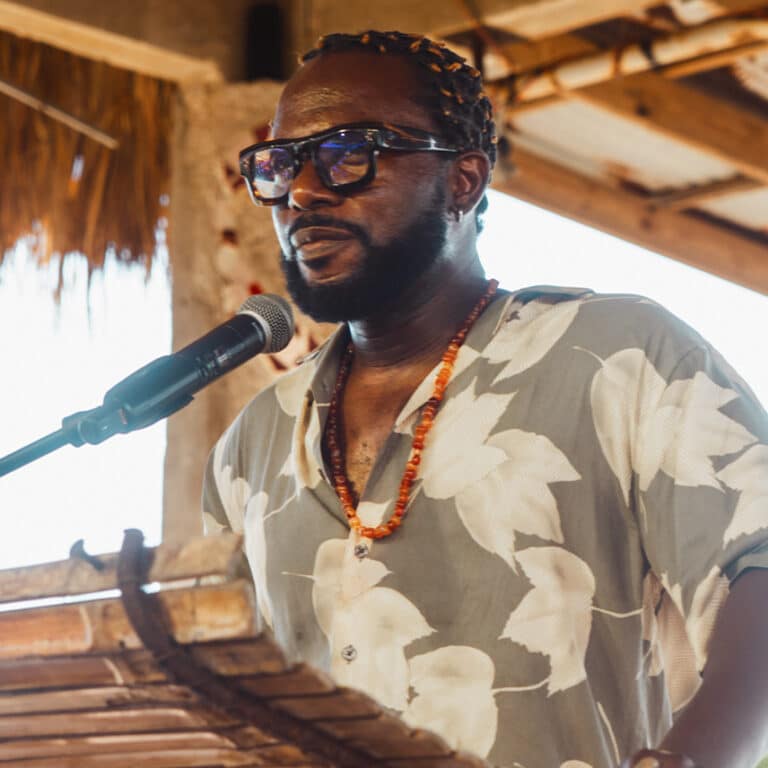The Undiscovered Country

Andre Bagoo
(Peepal Tree Press, 2020)
Review by Onyekachi Wambu
The title of Andre Bagoo’s collection of essays is taken from Shakespeare’s Hamlet, signifying the undiscovered country of the afterlife from where no travellers return. Bagoo, however, is very much concerned with the here and now. As usual with essays, his explorations centre on his multiple preoccupations and interests (obsessions?) – which take us back to him, and his own internal, undiscovered and unexcavated states.
There is the undiscovered country of his sexuality as a gay, mixed African and Indian Trinidadian; the conscious and unconscious influences that shaped him and his literary and aesthetic sensibilities; the deeply entrenched existential challenges facing post-colonial Trinidad and his own place in such a landscape; and finally, there is the notion of experiment to uncover a language and form worthy of hanging these uncharted territorial experiences on.
Bagoo’s responses, always witty and original, range from traditional academic essays to poetry, flights of artistic expression and epigrammatic outbursts to playing the role of psychological detective in probing suspicions of the closeted characters of key literary and political personalities (poet Langston Hughes, prime minister Eric Williams), or the source of V.S. Naipaul’s phobia of ‘half-made’ societies, Trinidad in particular. He also reflects on stylistic and thematic evolution in the works of poetic heroes, Thom Gunn and Derek Walcott.
Some essays are more successful than others; each nevertheless adds a piece of the jigsaw in capturing Bagoo’s own awakening, and his attempts to imagine and construct counter-narratives within a socially conservative society (despite the annual bacchanal of Carnival) that ultimately enable him to calibrate hidden complex emotions, in order to breathe.
The longest sustained essay, ‘The Free Colony’ is a panoramic journey from Columbus to Brexit, with Bagoo reimagining a future for Trinidad’s independence and republic. Borrowing the tools of the historian, he identifies a Janus-faced Empire that loudly aspired to liberty, freedom and individual rights with its eyes open on the reality of slavery, imperialism and colonisation. These tensions were sometimes expressed in the relationship between the colonies and the metropole, with the reluctance of the latter to fully allow any representation of the interests of the former for fear of the metropole itself being overwhelmed. Ultimately, reviewing the parliamentary records, this tension was part of the calculus for the American War of Independence.
Rather than admit the interests of the colonies (planters, or later the enslaved) in the metropole, Bagoo argues that independence always ended as the default option, even for many unviable societies such as Trinidad. Echoing Naipaul’s ‘half-made’ thesis, he points to a number of examples (sodomy laws, the 1990 coup attempt and aftermath, and so on) proving the description of a Free Republic as more slogan than reality, with dangerous consequences. Given that London’s Privy Council continues as the final court of appeal, Bagoo insists that integration into the metropole rather than independence should have been sought.
Controversial! And naïve. Bagoo himself admits that the kind of British xenophobia and fear of (being on) the periphery that led to Brexit (and the American revolution before) means that this was never an option. But by even exploring this option it seems that Bagoo really yearns for that lost world – an imperial enterprise in which his Asian and African parents were brought together, and which provided a language, parliamentary system and cultural sensibility which are elegantly encapsulated and grappled within this collection.
C.L.R. James (barely mentioned here by Bagoo) understood that contrary to accepting the colony or neo-colony, work and time is needed to fashion something new from a baleful inheritance.
https://www.peepaltreepress.com/books/undiscovered-country
Granta 173: India
A look at four short pieces of fiction from Granta's latest edition showcasing Indian writing
The Thing with Feathers
Dylan Southern’s film adaptation puts masculinity front and centre
It Was Just an Accident
Iranian director Jafar Panahi's film probes the relationship between individuals, the state and violence with determined humanism
Other Wild
Emily Zobel Marshall invites us to heal by connecting to our senses and the natural world
Fiction Prescriptions
Co-hosts Ella Berthoud and Isabelle Dupuy introduce our new podcast series, Fiction Prescriptions: A Novel Cure, focussed on bibliotherapy. Each month listeners can write in with their dilemmas, and our dynamic duo will suggest remedies for the head and heart, drawn from books.
All the men my mother never married
A chapter from an unpublished autobiography, dedicated to my mother, Sarah Efeti Kange
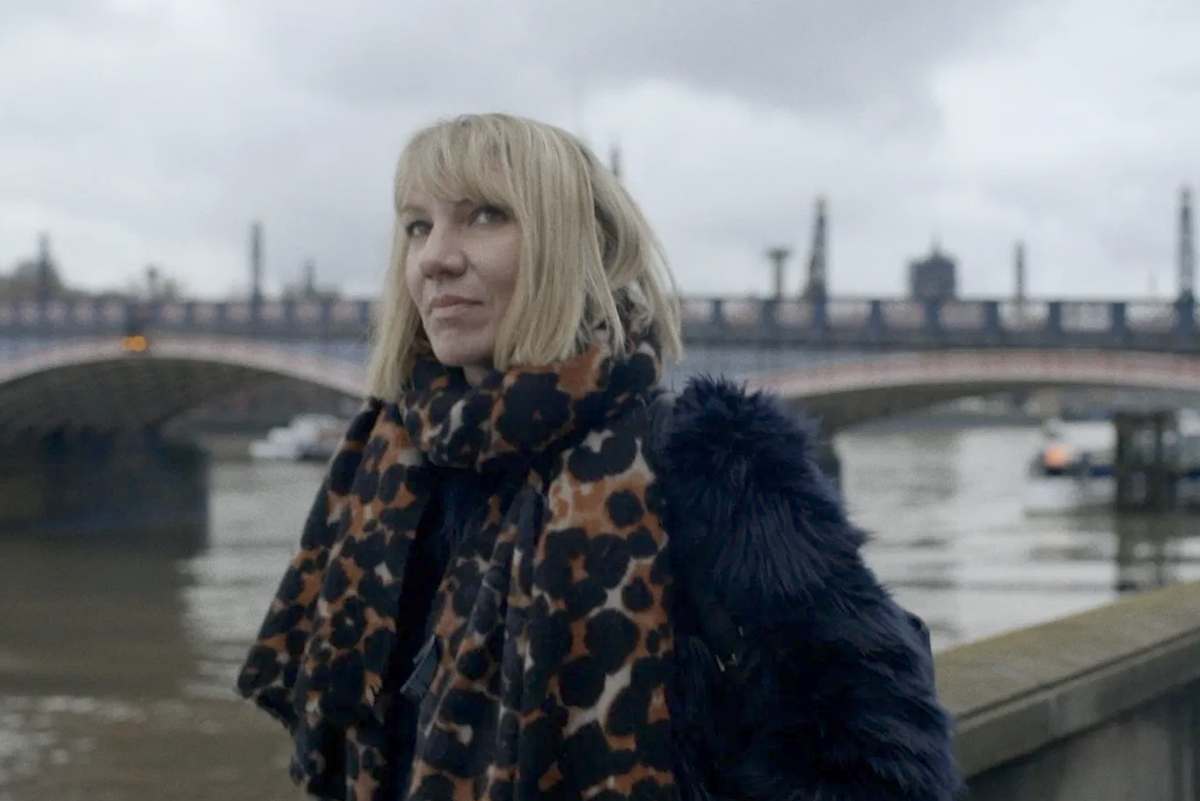
Reggae Story
Hannah Lowe reads her poem, 'Reggae Story' inspired by her Jamaican father, Chick. Directed by Matthew Thompson and commissioned by the Adrian Brinkerhoff Poetry Foundation.
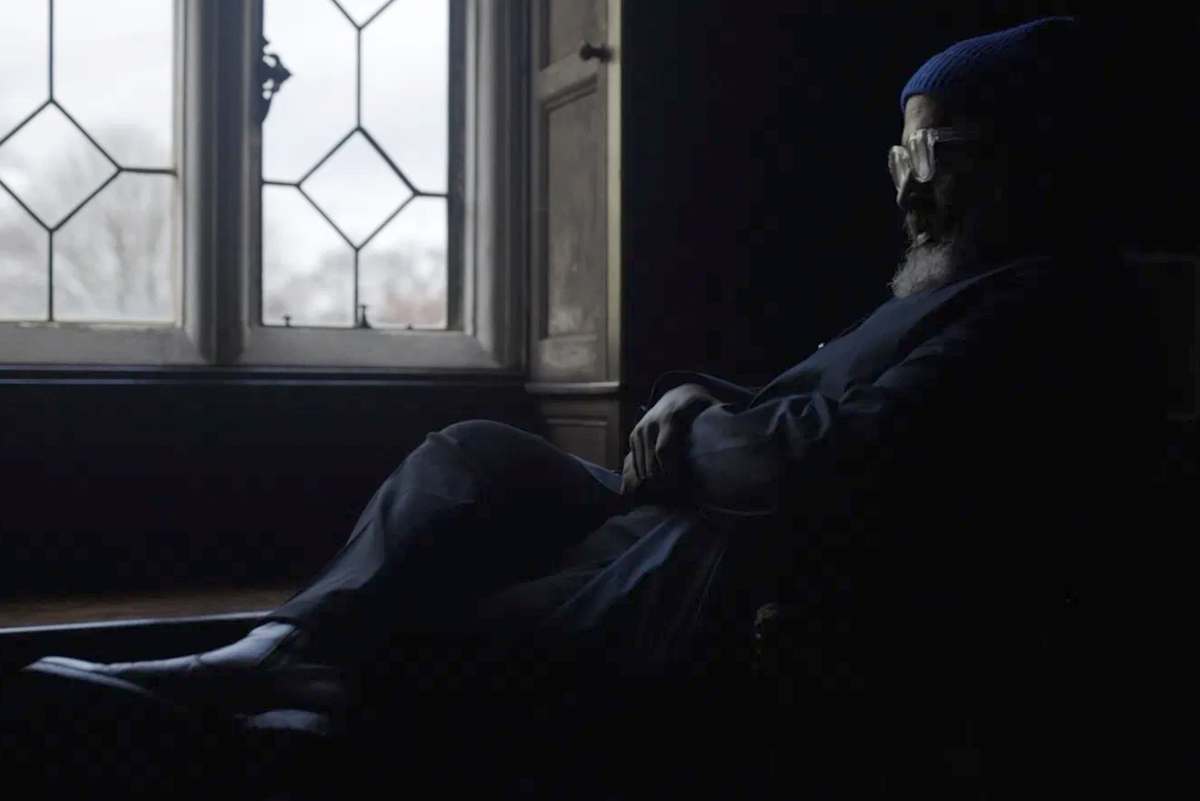
The City Kids See the Sea
Roger Robinson reads his poem, 'The City Kids See the Sea'. Directed by Matthew Thompson and commissioned by the Adrian Brinkerhoff Poetry Foundation.
Illuminating, in-depth conversations between writers.
Listen to all episodes
SpotifyApple Podcasts
Amazon Music
YouTube
Other apps
The series that tells the true-life stories of migration to the UK.
Listen to all episodes
SpotifyApple Podcasts
Amazon Music
YouTube
Other apps
Afro-Caribbean writer Frantz Fanon, his work as a psychiatrist and commitment to independence movements.
Listen to all episodes
SpotifyApple Podcasts
YouTube
A six-part audio drama series featuring writers with provocative and unexpected tales.
Listen to all episodes
SpotifyApple Podcasts
YouTube



